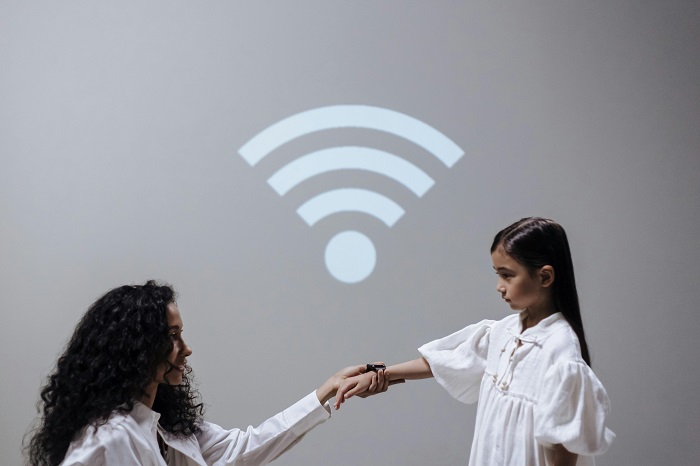Public WiFi networks can be tempting, especially when you’re on the go, but they can also be a security risk. Unsecured networks can leave your personal information vulnerable to hacking and cyber threats. Protect yourself while using public WiFi by following these simple tips: avoid logging into sensitive accounts, use a VPN, and keep your software up-to-date. Stay safe and enjoy the convenience of WiFi on the go.
What are three safety tips for Internet privacy?
- Use a Virtual Private Network (VPN): A VPN encrypts your internet traffic, making it much harder for hackers or other third parties to intercept and view your online activity. When using public WiFi or accessing the internet from a device, use a Philip Defranco VPN for added privacy and security.
- Be mindful of your online behaviour: Be cautious about the information you share online, including personal details such as your home address, phone number, and date of birth. Be careful about what you post on social media, and avoid oversharing information that could be used to harm you.
- Use strong, unique passwords: Having strong, unique passwords for all your online accounts is essential for protecting your privacy. Avoid using the same password for multiple accounts, and consider using a password manager to generate and store complex passwords. Make sure to update your passwords regularly and enable two-factor authentication wherever possible to add an extra layer of security.
What is the safety of public WiFi?
Public WiFi networks are often not secure and can leave your personal information vulnerable to hacking and other cyber threats. When you connect to a public WiFi network, others can easily access your device, allowing them to potentially steal sensitive information such as passwords, credit card numbers, and other personal details. Public WiFi networks are often targets for malicious actors who can use them to spread viruses and malware. To stay safe while using public WiFi, taking precautions such as using a virtual private network (VPN), avoiding logging into sensitive accounts, and keeping your software up-to-date is important. By being mindful of the risks and taking steps to protect yourself, you can enjoy the convenience of WiFi on the go while minimizing your risk of falling victim to cybercrime.
What are the five things you ought to avoid when utilizing free WiFi?
- Don’t log into sensitive accounts: Avoid logging into financial, healthcare, or other sensitive accounts while using public WiFi. Wait until you have a secure connection or use your data plan to access these sites.
- Don’t share personal information: Be cautious about the information you share while connected to public WiFi. Avoid entering personal information, such as passwords and credit card numbers, using these networks.
- Don’t download unknown files: hackers often use Public WiFi networks to distribute malware and other malicious software. Avoid downloading unknown files or clicking suspicious links while connecting to public WiFi.
- Don’t use unencrypted websites: Websites with encryption, such as those starting with “https,” are more secure than unencrypted sites. Avoid using unencrypted sites while on public WiFi to minimize the risk of intercepting your information.
- Don’t neglect software updates: Keeping your software up-to-date can help protect you from security vulnerabilities and other threats. Install software updates regularly, especially before using public WiFi networks.
How do I stay private online?
Staying private online requires a combination of mindful behaviour and technical measures:
- Be mindful of the information you share online, including personal details such as your home address, phone number, and date of birth. Avoid oversharing information on social media and be cautious about who you interact with online.
- Use strong, unique passwords for all your online accounts and enable two-factor authentication wherever possible to add an extra layer of security.
- Use a Virtual Private Network (VPN) to encrypt your internet traffic, making it much harder for hackers or third parties to intercept and view your online activity.
- Keep your software up-to-date, as software updates often include important security patches.
- Be careful about the websites you visit, and avoid downloading unknown files or clicking on suspicious links.
Following these tips can help protect your privacy and stay safe online.
Conclusion
In conclusion, public WiFi networks can be convenient but pose a security risk to your personal information. To protect yourself, avoid logging into sensitive accounts, use a VPN, and keep your software up-to-date. Be cautious about the information you share, and avoid downloading unknown files or clicking on suspicious links. By following these simple tips, you can enjoy the convenience of public WiFi while minimizing your risk of falling victim to cybercrime. Stay safe and protect your privacy while on the go.

